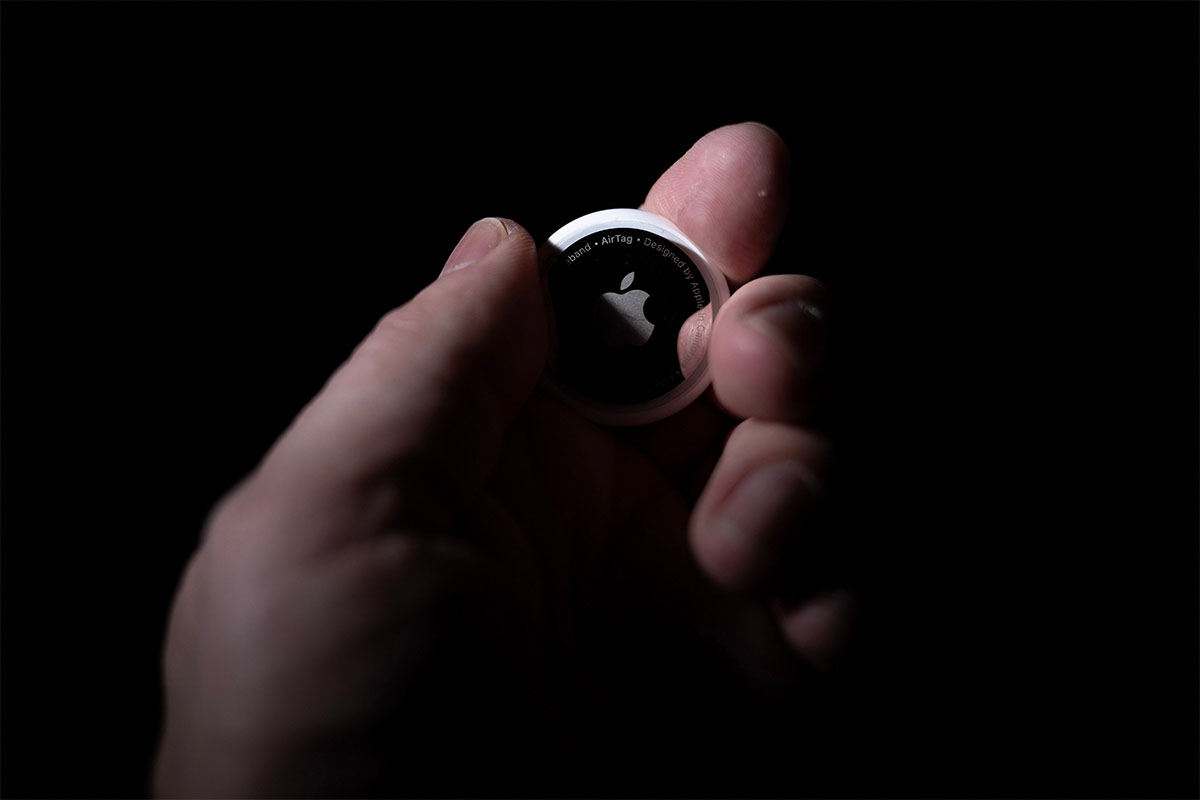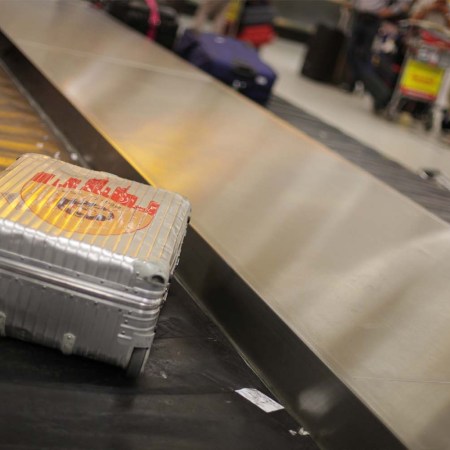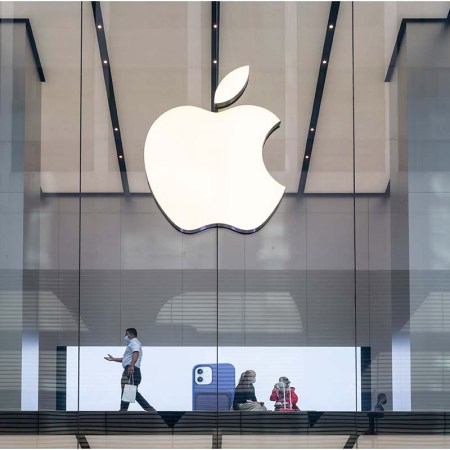Stories about stalkers utilizing AirTags appear in the news with alarming regularity. But now it appears Apple, along with Google, Tile and a few other brands that offer similar Bluetooth trackers, are banding together to work on a standard that’ll help thwart “unwanted tracking.”
It’s a welcome move, as well as a surprise collaboration between tech competitors. “Bluetooth trackers have created tremendous user benefits, but they also bring the potential of unwanted tracking, which requires industrywide action to solve,” said Dave Burke, Google’s vice president of Engineering for Android.
Sports Illustrated Model Says She Was Stalked Via an Apple AirTag
Brooks Nader claimed a stranger slipped an Apple AirTag tracker into her coat pocketIn a statement, Apple and Google said they’ve jointly submitted a proposed industry specification to help combat the misuse of Bluetooth location-tracking devices. The specification will allow Bluetooth location-tracking devices to be compatible with unauthorized tracking detection and alerts across iOS and Android platforms. As of now, Samsung, Tile, Chipolo, eufy Security and Pebblebee have offered support for these new universal, anti-tracking standards.
“A key element to reducing misuse is a universal, OS-level solution that is able to detect trackers made by different companies on the variety of smartphones that people use every day,” said Alexandra Reeve Givens, the Center for Democracy & Technology’s president and CEO, in a statement on Apple’s site.
As of now, this universal specification has been submitted as an Internet-Draft via the Internet Engineering Task Force (IETF). People can review and comment on the suggested protocols over the next three months. Following the comment period, Apple and Google will partner to address feedback and implement these specifications for unwanted tracking alerts by the end of 2023 for iOS and Android.
This move follows Apple’s move last year to modify its AirTags to make them less useful for thieves and stalkers — for example, the devices alerted people when they were in the presence of someone else’s AirTag. But as The Register notes, these initial modifications didn’t prevent some people from being stalked (and even killed); additionally, Apple is currently in the midst of a lawsuit regarding its AirTags for facilitating stalking and violating privacy.
Thanks for reading InsideHook. Sign up for our daily newsletter and be in the know.



















